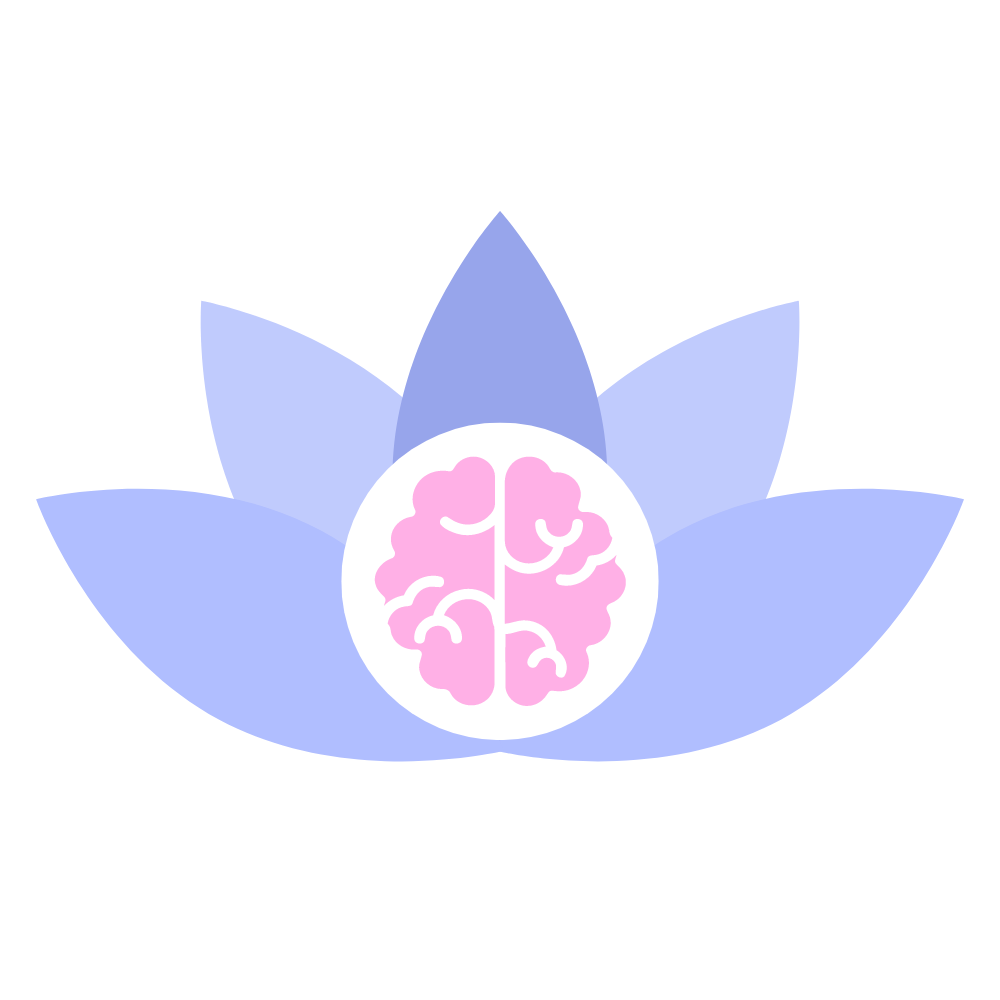Anxiety can seem like a condition that’s solely of the mind, but this isn’t the whole truth. Anxiety is a fight or flight response of the body that affects every system – from digestive to nervous. It’s all interconnected.
Surprising Symptoms Anxiety Can Cause
Yawning
Dizziness
Tiredness
Shortness of breath
Nausea
“Pins and needles” sensation
Difficulty concentrating
Chest pain
Frequently needing a bathroom
Muscle aches and tension
Sense of dread
Irritability
Skin problems
Restlessness
Insomnia
Gas
Dilated pupils
Where are you breathing from right now? Your upper chest or low belly?
Taking moments every day to pause and take “yoga breaths” can stop anxiety in its tracks.
When you shift your breathing into your belly, you activate your parasympathetic nervous system. This tells your body, “it’s okay to relax, there isn’t any danger present” and allows you to enter a state of “rest and digest”.
When the sympathetic nervous system is activated, the body is basically gearing up to face danger and diverting energy to respond to it.
Imagine you’re a caveman, and you notice you are being stalked by a leopard… what changes would you experience in your body? Your heart rate and blood pressure would increase, muscles tense and prepare for action, digestion become slow, and your blood flow would be diverted to important stress response organs… all in the midst of the great escape.
Did any of those symptoms resonate with you?
The “fight or flight” response helped us survive for thousands of years. But in the modern world, the “dangerous leopards” lurking in the shadows are bills, health issues, family problems and other day to day stressors.
Becoming aware of the science behind anxiety can be extremely liberating for those who suffer from it. Pinpointing signs and symptoms as they arise can help you to consciously shift into a restorative state.
